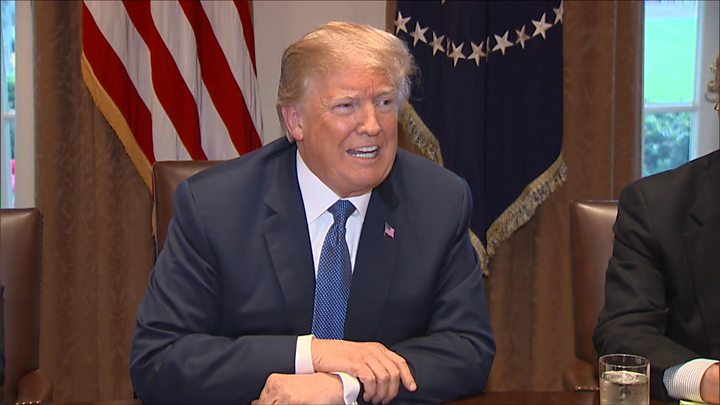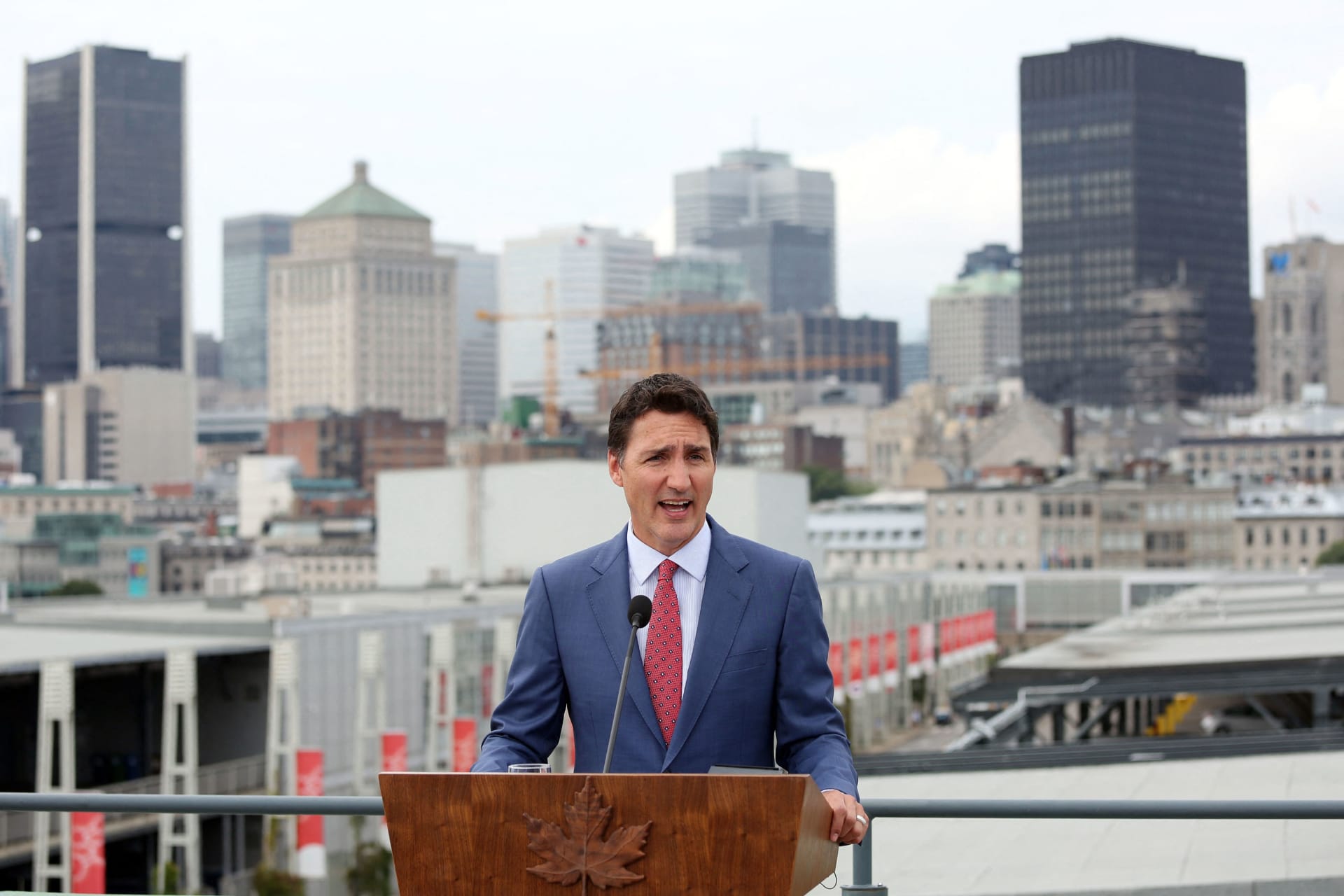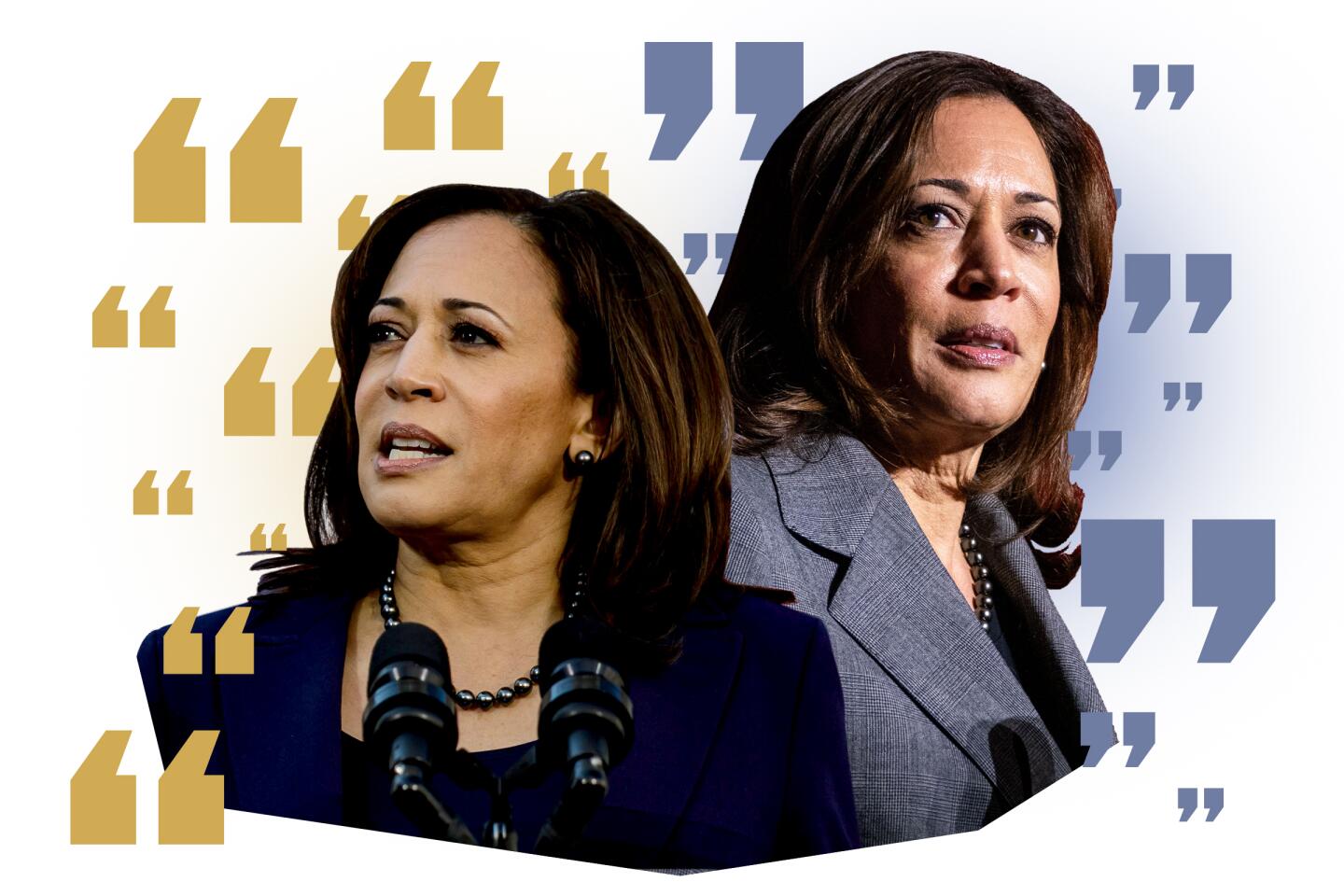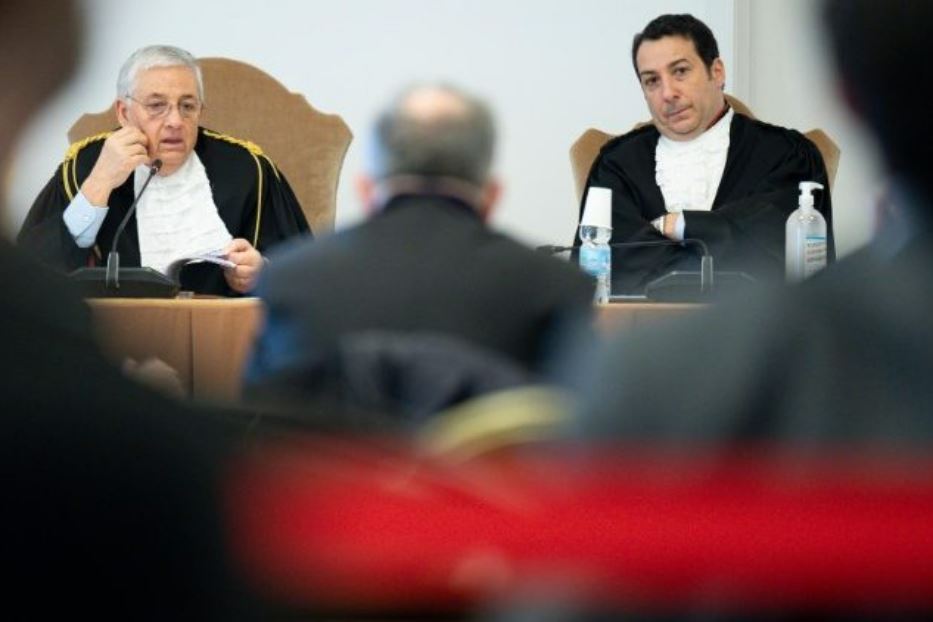US Presidential Comments Fuel Canada Election Tensions

Table of Contents
The President's Remarks and Their Content
The US President's statement, released on [Date of statement], contained [briefly summarize the key controversial comments]. These remarks, delivered during [context of the statement, e.g., a press conference, interview], immediately sparked controversy due to their [describe the tone – e.g., unusually critical, interfering, dismissive] nature regarding [mention the specific Canadian policy or issue the comments addressed].
- Specific Comments: “[Insert direct quotes from the President's statement, focusing on the most controversial parts].”
- Tone and Context: The President's comments were delivered with a [describe the tone - e.g., condescending, challenging, dismissive] tone, suggesting [interpret the underlying message]. The timing of the statement, so close to the Canadian election, raised immediate concerns about potential political interference.
- Potential Interpretations: The remarks could be interpreted as [list several possible interpretations, e.g., an attempt to influence the election outcome, a reflection of broader US policy concerns, a personal attack on a specific Canadian leader]. The ambiguity of the statement has further fueled debate and speculation.
Reactions from Canadian Political Parties
The President's comments have elicited strong reactions across the Canadian political spectrum. Each party is navigating this delicate situation, attempting to leverage the controversy to their advantage in the ongoing election campaign.
- Liberal Party: The Liberals have responded by [summarize their response, include quotes if possible]. Their strategy appears to be [analyze their approach, e.g., to emphasize the importance of a stable relationship with the US, to portray themselves as experienced handlers of foreign policy].
- Conservative Party: The Conservatives have countered by [summarize their response, include quotes if possible], using the situation to [analyze their strategy, e.g., criticize the Liberals' handling of the situation, appeal to nationalistic sentiments].
- NDP, Bloc Québécois, Green Party: [Summarize the responses of the other major parties, focusing on their key arguments and strategic approaches]. The differing responses highlight the varied approaches to foreign policy and US-Canada relations among Canadian political parties. The election campaign has undoubtedly been impacted by the unexpected injection of this external factor.
Public Opinion and Social Media Sentiment
Public opinion polls indicate [summarize poll results regarding public reaction to the Presidential comments]. Social media has become a battleground for debate, with [describe the dominant themes of online discussions]. The hashtags [#example1, #example2] are trending, reflecting [analyze the sentiment expressed through these hashtags].
- Public Opinion Polls: Recent polls suggest [cite specific poll data] showing [analyze the data and its implications for the election].
- Social Media Analysis: A significant volume of online discourse revolves around [mention key issues discussed online], with [analyze prevalent sentiments, e.g., outrage, concern, support for a specific party].
- Media Influence: The role of media outlets in framing the narrative is significant. [Analyze how different media outlets are covering the story and how this affects public perception]. The potential for misinformation and biased reporting adds another layer of complexity.
Impact on Key Election Issues
The President's comments have the potential to significantly impact key issues in the Canadian election.
- Trade Relations: The controversy could [analyze potential effects on trade relations between Canada and the US]. Concerns about the future of [mention specific trade agreements] are likely to be heightened.
- Economic Impact: The uncertainty created by the President's remarks could [analyze potential economic effects]. Investors might be hesitant, potentially impacting [mention economic sectors].
- National Security: The comments may influence voters' perceptions of [analyze impact on national security concerns]. Discussions about closer defense ties with the US may become more pronounced.
Potential Long-Term Implications for US-Canada Relations
The fallout from the President's comments could have lasting consequences for the US-Canada relationship.
- Bilateral Relations: The incident has undoubtedly strained diplomatic ties, potentially leading to [analyze potential consequences for bilateral relations, e.g., reduced cooperation, increased diplomatic tension].
- Future Cooperation: Future collaboration on issues like [mention areas of cooperation, e.g., trade, defense, environmental protection] could be hampered.
- Political Stability: The incident highlights the vulnerability of even strong bilateral relationships to unpredictable external factors, underscoring the importance of [mention strategies for managing these risks, e.g., clear communication channels, strong diplomatic efforts].
Conclusion
The US President's comments have undeniably injected significant uncertainty and tension into the Canadian federal election. The reactions from Canadian political parties have been varied, reflecting differing strategies and approaches to the situation. Public opinion is divided, and the impact on key election issues, as well as the long-term implications for US-Canada relations, remain to be seen. The situation underscores the interconnected nature of North American politics and the potential for unexpected external events to influence domestic political landscapes. Stay informed about the ongoing impact of US Presidential comments on the Canada election and their implications for bilateral relations. Follow our updates for continuous coverage of this developing story and its influence on the Canadian political landscape. Learn more about the Canada election and the US-Canada relationship by subscribing to our newsletter.

Featured Posts
-
 Sorpasso In Classifica La Flaminia Ora E Seconda
Apr 30, 2025
Sorpasso In Classifica La Flaminia Ora E Seconda
Apr 30, 2025 -
 Hl Tetmd Knda Ela Alwlayat Almthdt Thlyl Tsryhat Tramb Alakhyrt
Apr 30, 2025
Hl Tetmd Knda Ela Alwlayat Almthdt Thlyl Tsryhat Tramb Alakhyrt
Apr 30, 2025 -
 Zaschita Na Trakiyskoto Nasledstvo Kmett Na Khisarya Zastpva Kauzata
Apr 30, 2025
Zaschita Na Trakiyskoto Nasledstvo Kmett Na Khisarya Zastpva Kauzata
Apr 30, 2025 -
 Is Kamala Harris Returning To Politics A Look At Her Future Plans
Apr 30, 2025
Is Kamala Harris Returning To Politics A Look At Her Future Plans
Apr 30, 2025 -
 Il 22 Settembre Inizia L Appello Per Il Processo Becciu
Apr 30, 2025
Il 22 Settembre Inizia L Appello Per Il Processo Becciu
Apr 30, 2025
